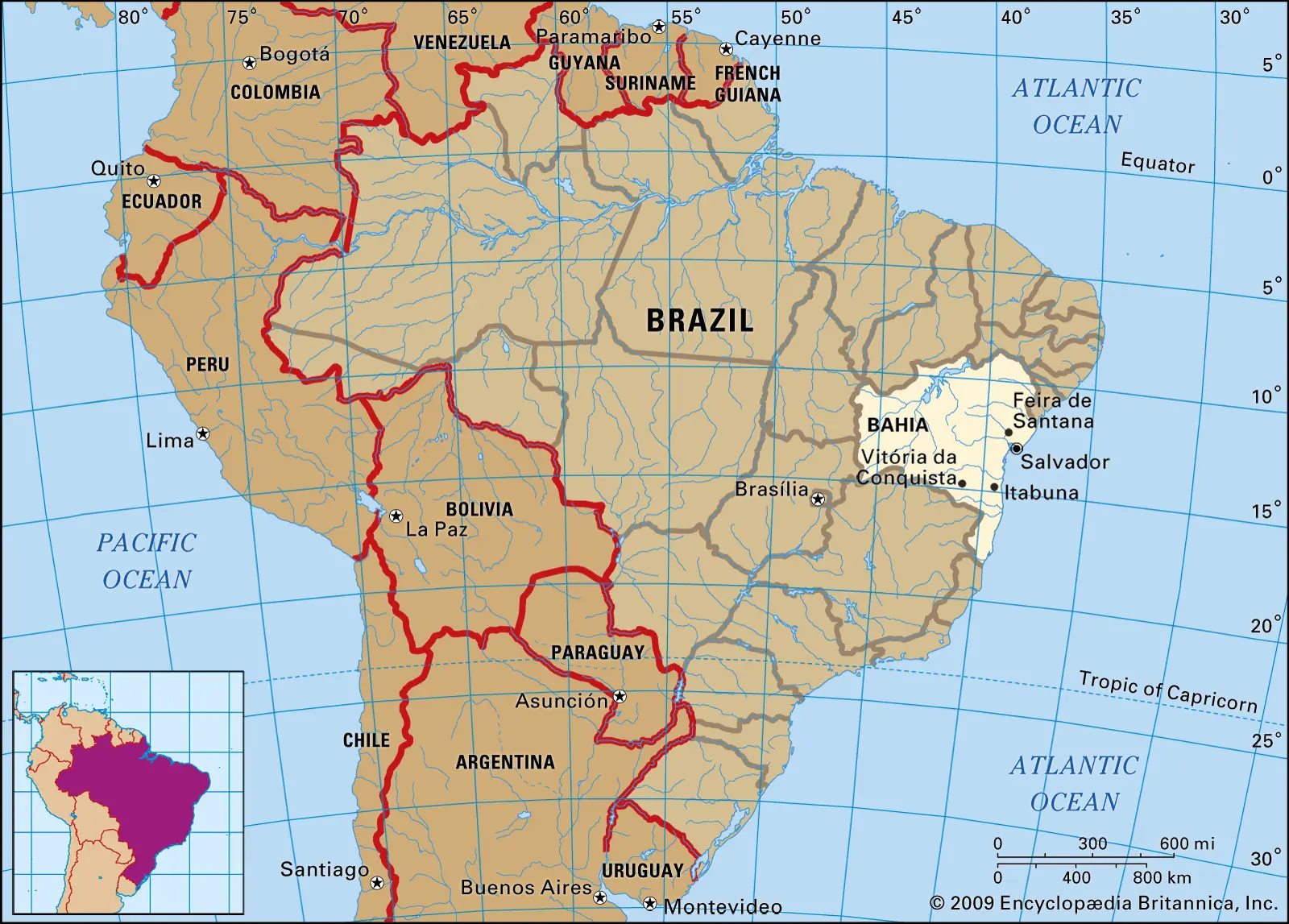Civil House Minister Rui Costa leads an ambitious investment program to enhance Brazil’s infrastructure significantly.
The New Growth Acceleration Program (PAC) targets Bahia, a state with significant development needs, for substantial infrastructure improvements.
The program plans to invest R$89.5 billion (approximately $18 billion), with a potential increase to R$100 billion (approximately $21 billion) through additional projects.
Costa, Bahia’s former governor until 2022, has highlighted that the investment will primarily enhance state infrastructure.
Key areas include energy transition and security projects, which will receive over R$48 billion (about $9.7 billion).
This funding marks the largest renewable energy investment in the Northeast region.

The energy sector will see significant development with the construction of wind farms, photovoltaic plants, and a hydroelectric facility.
Additionally, 17 transmission lines will undergo upgrades to bolster energy distribution.
The transportation and logistics sectors will also benefit, with R$28.7 billion (about $5.8 billion) earmarked for improvement.
This budget will cover upgrades to highways, railroads, river dredging, and maintenance of ports and airports.
The funds are strategically distributed across railways, highways, ports, waterways, and airports.
This investment in Bahia’s infrastructure aims to revitalize the state, enhancing its capabilities in transportation and energy.
It is a strategic move to foster Bahia’s development and economic growth, positioning it for a sustainable and prosperous future.
Background – Brazil’s Infrastructure Boost
In the broader context, in August 2023, the Brazilian government unveiled the Growth Acceleration Program (GAP), injecting R$1.7 trillion (US$347 billion) into the economy.
This program, backed by the public and private sectors, aims to increase employment, income, and economic growth while addressing disparities.
President Luiz Inácio Lula da Silva introduced GAP in Rio de Janeiro, emphasizing green transitions, modern industrialization, inclusive growth, and environmental sustainability.
Of the total GAP budget, R$371 billion will come directly from the Brazilian government’s coffers.
Contributions from the private sector will amount to R$612 billion.

